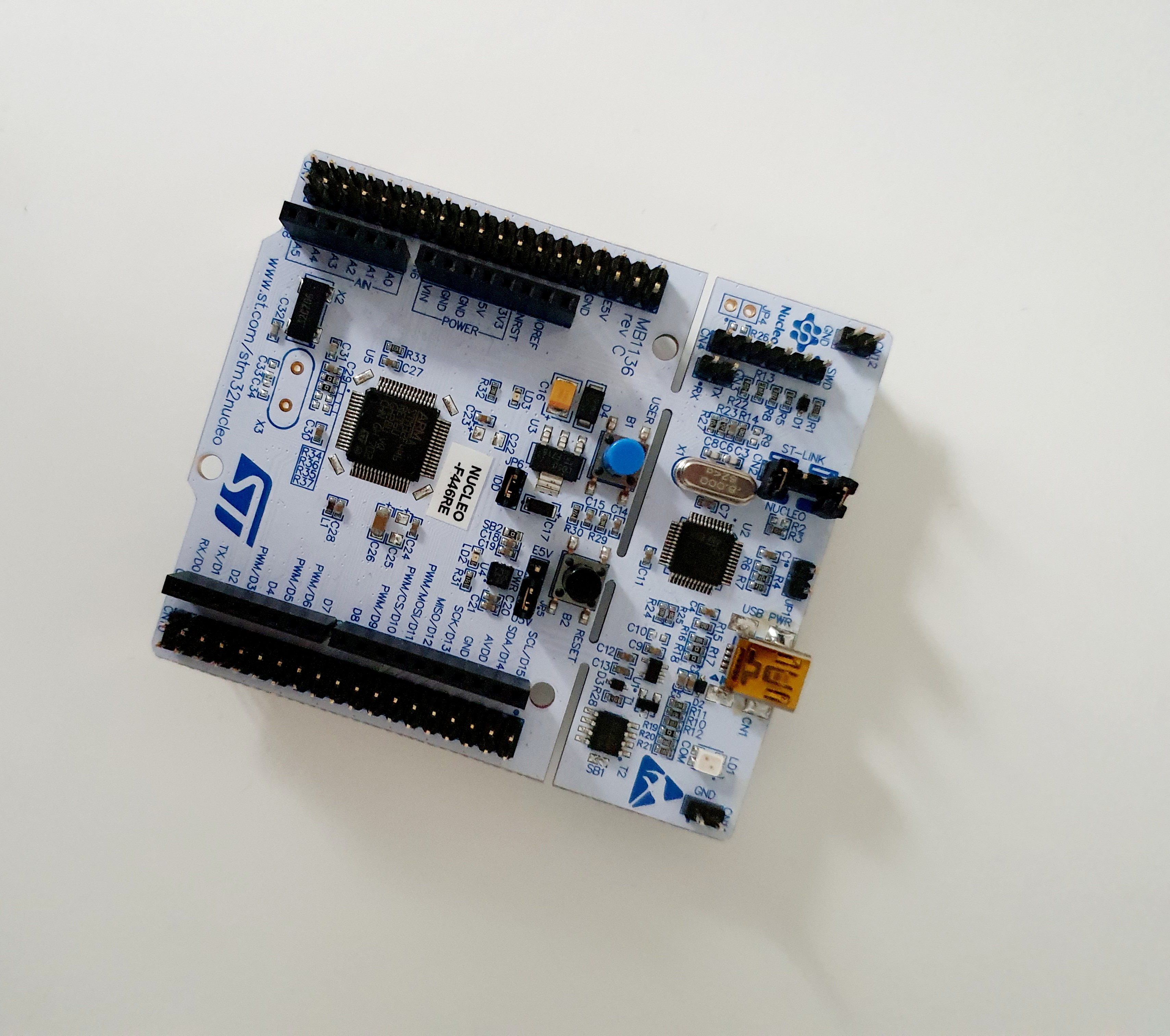Bachelor/Master Thesis: Efficient Shallow Neural Networks for Automatic Dietary Monitoring
Background
Neural Networks outperform traditional machine learning approaches in many applications. This is very often caused by high computational efforts of deep models. In wearable contexts, models have to be very efficient if they are run on an embedded system to save battery life. These constraints make the design of neural network models particularly challenging. Recently, gated recurrent units (GRU) have been used in the context of automatic dietary monitoring (ADM) to detect eating events using audio data. The goal of this thesis is to investige GRUs theoretically using data from eating events and to implement an embedded GRU (eGRU) on a microcontroller. Depending on the student’s prior knowledge and interests, the work can be focused on prototyping the model in Python and applying it to ADM data or on firmware programming of a model from the literature.
Aim
Investigation and implementation of a GRU in wearable contexts; Python prototyping and microcontroller programming
Data
| Project type | Master thesis / Bachelor thesis |
| ECTS | 30/10 |
| Language | English and/or German |
| Period | Winter term 20/21 |
| Presence time | Working from remote or lab, depending on needs. |
| Useful knowledge | Signal Processing, Machine Learning, Python, C/C++, microcontroller programming |
| Work distribution | 50% Python prototyping, 50% microcontroller implementation (can be changed according to individual skills) |
| First meeting | online introduction/vorbesprechung of winter term 2020/21 seminars on 4th November 2020 at 16:15 |
| Registration | E-Mail to david.kopyto@fau.de |
Literature
Literature will be provided in the first meeting and the candidate is encouraged to further research relevant papers for this work.
Examination
Thesis report and final presentation.
Contact
David Kopyto
- Job title: Researcher
- Address:
Henkestraße 91, Haus 7, 1. OG
91052 Erlangen
Germany - Phone number: +49 9131 85-23608
- Email: david.kopyto@fau.de


